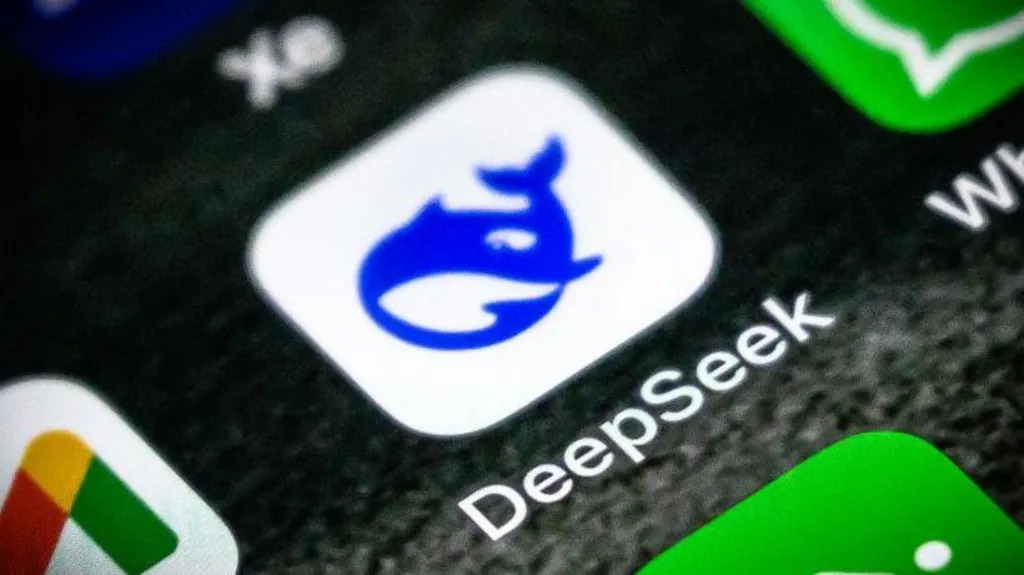
Why Australia Banned DeepSeek on Government Devices
Concerns surrounding DeepSeek reflect a trend among Western nations scrutinizing Chinese-developed technology due to potential security vulnerabilities. Previously restricted technologies include Huawei’s telecom equipment and the popular social media app TikTok, both of which faced bans or restrictions in multiple countries over fears of data sharing with Chinese authorities.
The concerns with DeepSeek, though, extend beyond general perceptions. Australian Science Minister Ed Husic had earlier warned in January about data privacy issues, suggesting countries should handle AI products like DeepSeek with caution. Regulators in other countries, including South Korea, Ireland, France, and Italy, have also raised alarms over DeepSeek’s handling of user data, especially since the company’s data servers are based in China.
The Italian government temporarily removed DeepSeek from app stores following questions about its privacy policy. This showed echoes of Italy’s earlier move to block ChatGPT due to privacy concerns in March 2023. Similar investigations are now underway in several Western nations.
The White House, too, has voiced concerns. US Navy personnel have reportedly been prohibited from using DeepSeek, a decision that is yet to be officially confirmed. Other US sectors, including regulatory bodies, are rumored to be exploring potential implications tied to the app’s data collection practices.
Concerns Around Chinese AI and Privacy Risks
DeepSeek’s case highlights a broader issue with AI tools that analyze user inputs. Like ChatGPT or Google Gemini, DeepSeek collects and stores user information, including sensitive data such as email addresses and birth dates. Experts warn that this poses risks when users working within sensitive government or national security sectors employ these chat tools. Information entered into such systems could potentially be stored and analyzed by developers.
Adding to the controversy are accusations that DeepSeek and other Chinese AI companies may have unfairly leveraged US-developed technologies, including those produced by OpenAI. OpenAI has previously complained that its advancements were replicated by foreign competitors without proper acknowledgment or licensing agreements.
The implications of these data-sharing concerns contribute to Western governments’ growing apprehension about relying on AI systems developed abroad, particularly those associated with China.
What This Means for the AI Industry
While Australia bans DeepSeek , this move is part of a broader trend as countries seek to regulate artificial intelligence in ways that prioritize national security. The announcement carries significant implications for the global AI landscape, both for governments and the private sector.
According to industry observers, tools like DeepSeek gaining traction globally could widen the rift between the US and Chinese tech ecosystems. Meanwhile, restrictions such as Australia’s ban underline the challenges of international AI competition amid heightened scrutiny over security and intellectual property concerns.
For AI developers, the incident serves as a cautionary tale, demonstrating the importance of transparency in handling user data and the risk of operating within geopolitically sensitive frameworks. With increased data and privacy investigations underway, DeepSeek’s future may hinge on whether it can successfully address these mounting concerns.
External Link :
Learn more about global AI trends and technology at BBC
Internal Link :
Explore developments in AI regulation and security risks



